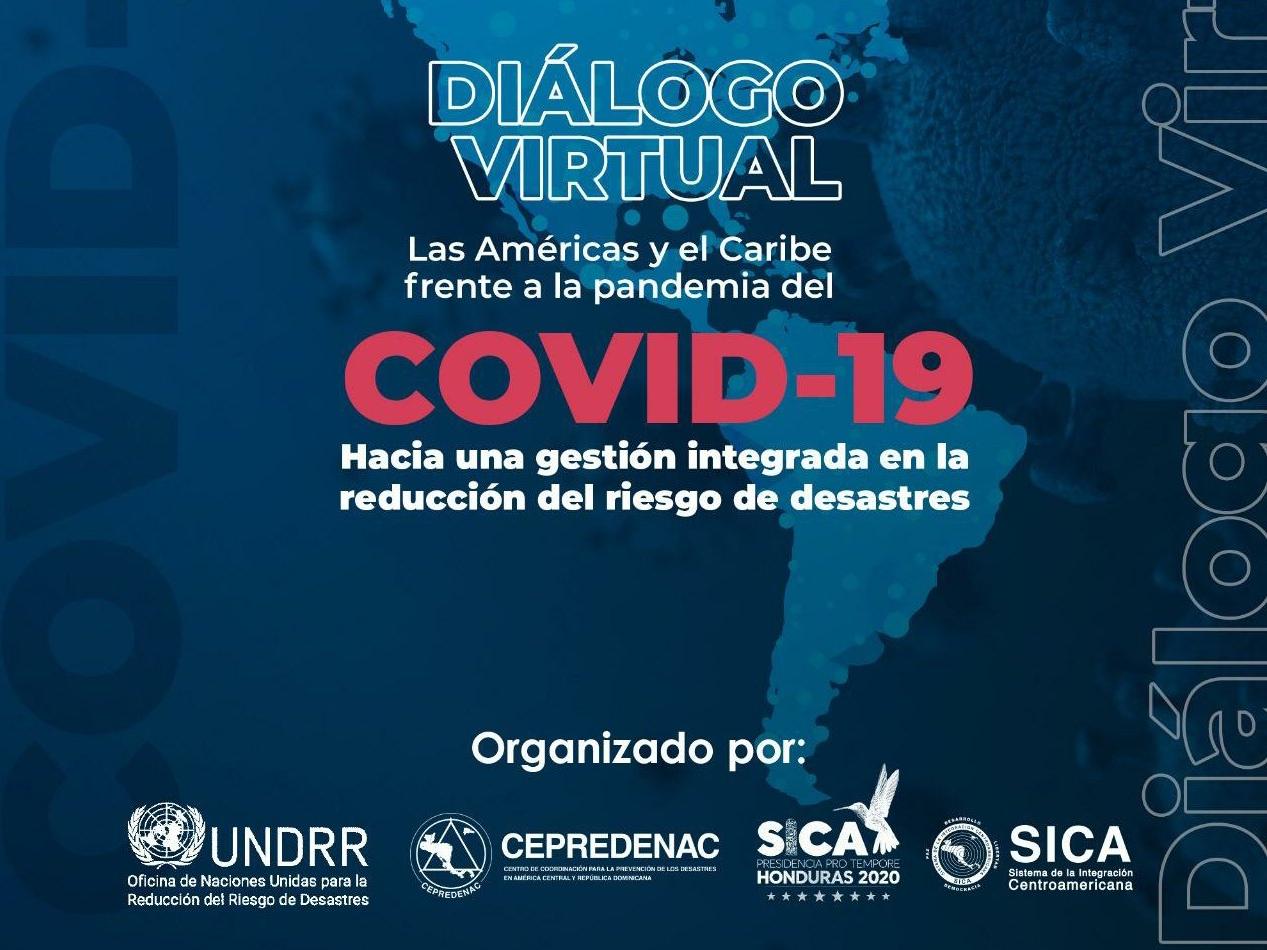
By Luis Burón B.
The COVID-19 pandemic is creating complex economic and social challenges for countries in Latin America and the Caribbean which should cooperate more closely to reduce risk, said speakers at an inaugural event.
Comprehensive regional strategies would help protect the region’s most vulnerable from future outbreaks as well as hazards such as hurricanes, said speakers at the “Virtual Dialogue: The Americas and the Caribbean in Response to the COVID-19 Pandemic” event.
“The risks we face today are complex, reflecting a much more interconnected reality as we see today with COVID-19,” said Raul Salazar, head of the United Nations Office for Disaster Risk Reduction’s (UNDRR) Regional Office for the Americas and the Caribbean. “These risks generate cascading effects that are replicated in all aspects of our societies. Facing the reality and complexity of risk today requires multi-sectoral and multilateral cooperation.”
The Virtual Dialogue was organised by UNDRR, alongside the Coordination Center for the Prevention of Disasters in Central America and the Dominican Republic (CEPREDENAC) and the Central American Integration System (SICA).
The meeting, which involved representatives from national risk management agencies, was designed to help countries formulate a coordinated response to the pandemic which is sweeping the region.
The harsh economic impact of COVID-related lockdowns showed countries need to better prepare for the financial impact of future events, said speakers.
“Just as we can say that no disaster is natural, we can affirm that some epidemics are also economic,” said Carlos Villalba, national director for prevention and disaster risk reduction at Argentina’s Undersecretariat for Risk Management and Civil Protection. “We all must develop comprehensive response platforms. We have to do things before events happen. We have to do better during the next pandemic.”
HARSH REALITY
Speakers at the event said COVID-19 showed countries needed to formulate pandemic plans that better addressed the economic needs and daily realities of the most vulnerable who often cannot afford to stay at home, said speakers.
“We have a society and a sector of our population that lives hand to mouth and has had to go out, in breach of protocols, in search of their livelihoods,” said Maria Alexandra Ocles, from Ecuador’s Secretariat for Risk Management. “We must implement strategies to avoid further contagion but based on a vision that includes the most vulnerable.”
The complex, cross-border nature of the pandemic underscored the need for a joined-up regional strategy to tackle the virus, Claudia Herrera, executive secretary of CEPREDENAC, told the event.